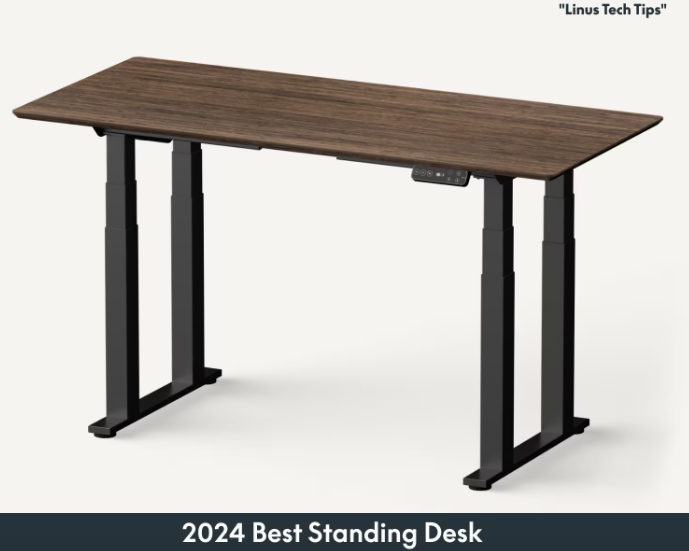Graduation from college is a significant milestone that signals the end of one journey and the start of another. As graduates prepare to begin their careers, there is a sense of excitement, anticipation, and perhaps even trepidation. Transitioning from the structured environment of academia to the dynamic world of work can be a daunting task, but with the right mindset, preparation, and strategies, recent college graduates can successfully navigate this transition and position themselves for long-term success. In this blog post, we’ll look at some key tips and strategies for helping recent graduates transition smoothly into the workforce and jumpstart their careers.
1. Self-Reflection and Goal-Setting
The first step in transitioning from college to career is to reflect and set goals. Take the time to consider your interests, strengths, values, and career goals. What are you passionate about? Which skills do you excel at? What type of work environment do you thrive in? Set specific, measurable, and achievable career goals after you’ve determined your goals and priorities. Having clear goals will help guide your career decisions and actions, whether you’re looking for a job in your desired field, moving up the ranks, or starting your own business.
2. Create a Strong Professional Brand
In today’s competitive job market, you must stand out from the crowd and distinguish yourself from other candidates. Building a strong professional brand can help you accomplish this. Begin by creating a compelling resume and LinkedIn profile that highlight your abilities, experiences, and accomplishments. Tailor your resume for each job application, and use your LinkedIn profile to highlight your professional accomplishments, network with industry professionals, and stay up to date on job opportunities. Consider creating a personal website or portfolio to showcase your work and demonstrate your knowledge in your field.
3. Gain Practical Experience
Employers value practical experience and hands-on skills as much as academic credentials. Look for ways to gain relevant experience through internships, co-op programs, part-time jobs, volunteer work, or freelance projects. Internships, in particular, are an excellent way to gain hands-on experience, explore new industries, and expand your professional network. Even if the experience is unpaid or part-time, the skills and connections you make can be extremely useful as you enter the workforce.
4. Develop Soft Skills
In addition to technical knowledge and expertise, employers place a high value on soft skills—personal characteristics and interpersonal skills that allow people to work effectively with others. Soft skills such as communication, teamwork, problem-solving, adaptability, and leadership are critical for workplace success. Take the time to learn and practice these skills through coursework, extracurricular activities, internships, and part-time work. Demonstrating strong soft skills will distinguish you from other candidates and increase your appeal to employers.
5. Network, Network, Network!
Networking is an extremely effective tool for career advancement, particularly for recent college graduates. Reach out to alumni, professors, family friends, and other professionals in your field to establish relationships and seek guidance. Attend industry events, job fairs, and networking mixers to build your network and meet potential employers. Join professional associations, LinkedIn groups, and online communities to learn about industry trends and job opportunities. Networking can lead to untapped job markets, mentorship opportunities, and valuable connections that can help advance your career.
6. Be Flexible and Open-Minded
The job market is constantly changing, and your career path may not always follow a straight line. Be adaptable and open-minded during your job search, and don’t be afraid to look into different opportunities and industries. Consider taking on temporary or contract work, freelancing, or volunteering to gain experience and skills. Be open to relocating for the right opportunity, and don’t be discouraged by rejection or failure. Maintain persistence, adaptability, and resilience in the face of adversity, and believe that the right opportunity will arise in due course.
7. Seek Mentorship and Guidance
Mentorship can be a useful resource for recent college graduates as they enter the workforce. Seek out mentors—experienced professionals in your field who can provide guidance, advice, and support as you pursue your career goals. Contact professors, alumni, industry professionals, and others who inspire you and ask if they are willing to mentor you. Be proactive in seeking mentorship opportunities, and make use of the insights and wisdom that mentors can offer, while also considering seeking staffing agencies in Boise Idaho help to explore potential career paths and job opportunities.
8. Continue to Learn and Grow
Learning does not end after college; it is a lifelong journey. Commit to ongoing learning and professional development to remain relevant and competitive in your field. Seek out opportunities for additional education, certifications, and training to broaden your knowledge and abilities. Reading industry publications, attending workshops, and taking online courses will help you stay up to date on industry trends, technological advancements, and emerging opportunities. Investing in your ongoing growth and development will set you up for long-term success and career advancement.
Conclusion
Transitioning from college to a career is a significant achievement that necessitates careful planning, preparation, and persistence. Following these essential tips and strategies will help recent college graduates successfully navigate the transition and position themselves for long-term career success. Begin by establishing clear goals, developing a strong professional brand, gaining practical experience, honing soft skills, networking, remaining flexible and open-minded, seeking mentorship and guidance, and continuing to learn and grow. With determination, resilience, and a proactive approach, you can successfully enter the workforce and begin your career on the right foot, click here to learn more.
![Инстаграм Блог - Исправьте свои проблемы [Советы и рекомендации]](https://wikigeneral.net/wp-content/uploads/2023/05/cropped-Инстаграм-Блог-Исправьте-свои-проблемы-Советы-и-рекомендации.webp)




